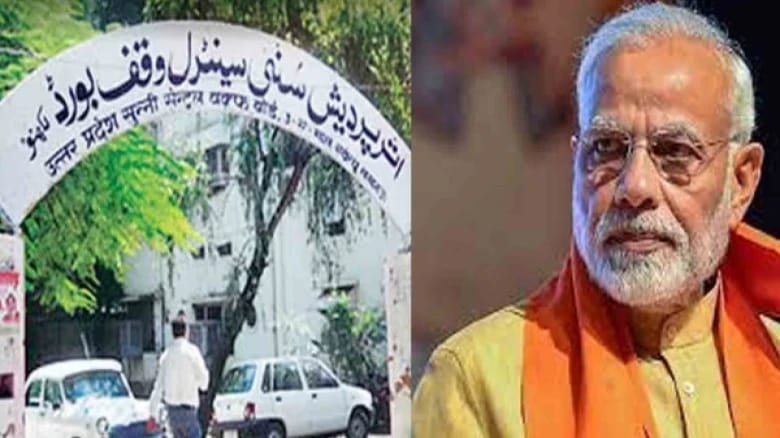The recent elections in France were a three-way contest. On one side was the far-right, hate-driven politics of Marine Le Pen’s party ‘National Rally’, which can be likened to France’s BJP. This party campaigned on issues such as anti-Muslim sentiment, tightening citizenship laws, and immigration. On the other side was President Emmanuel Macron’s party ‘Renaissa’ and a coalition of other parties, which can be compared to India’s INDI alliance, representing so-called secular politics similar to India’s secular parties. The third alliance was of left-leaning parties, including Jean-Luc Mélenchon’s party ‘LFI’, the ‘Green Party’, and the ‘Socialist Party’. Mélenchon is a leader who openly opposes violence against Muslims and advocates for their rights more than any other politician in France.
The elections in France were conducted in two parts. In the first part, seeing the rise of Marine Le Pen’s far-right party, President Emmanuel Macron wanted Mélenchon’s New Left Popular Front to abandon their demands and join him fully to prevent the far-right party from gaining power. However, Mélenchon refused to fully align with Macron but agreed to a compromise where both withdrew their weaker candidates against each other, making each other’s victory easier. This strategy was quite successful; although no one gained a clear majority, the far-right party was prevented from coming to power. In India, the Congress and other so-called secular parties also want other ideologically diverse political parties to sacrifice their principles just to defeat the BJP and step down from their leadership positions. However, secular liberal leaders in India do not make as many concessions as President Emmanuel Macron did in France, which is perhaps why they have not been able to stop the BJP in India this time either.

Dalit, left-wing, and Muslim politicians and political parties in India should not, under any circumstances, make Congress and other so-called secular parties their political head or protector. If we learn from the recent elections in France, it becomes clear that it is not necessary to elevate these so-called secular parties or make them an unavoidable necessity. Alliances and support decisions with Congress and other secular parties can be made based on their demands and issues, without abandoning their fundamental principles, demands, and agendas. The aim should be to make Congress and other secular parties accept their demands and agendas if necessary.
Yes, it is crucial to prevent the strengthening of far-right and hate-driven politics, to push them to the fringes of political platforms, and to try to bring them down to zero. But for this, Dalit, left-wing, and Muslim politicians do not have to surrender to the Congress, which still retains an upper-caste structure in its organization. They can oust the Godse followers from power without enslaving themselves to Congress and other secular parties. The recent elections in France are the best example of this.
In India, Dalits, backward classes, left-wing groups, and Muslims need to become politically strong and gain political power without enslaving themselves to Congress and other so-called secular parties. Muslims should not bow down entirely to these parties. Completely surrendering to Congress and other secular parties and making them an unavoidable necessity is neither beneficial for the country nor for the Bahujan society and Muslims. Moreover, doing so is not effective in stopping Hindutva forces.
Therefore, Dalits, backward classes, Adivasis, left-wing groups, and especially Muslims in India should strive to build their own independent politics based on their fundamental demands, ideologies, and issues, and work towards strengthening it.


